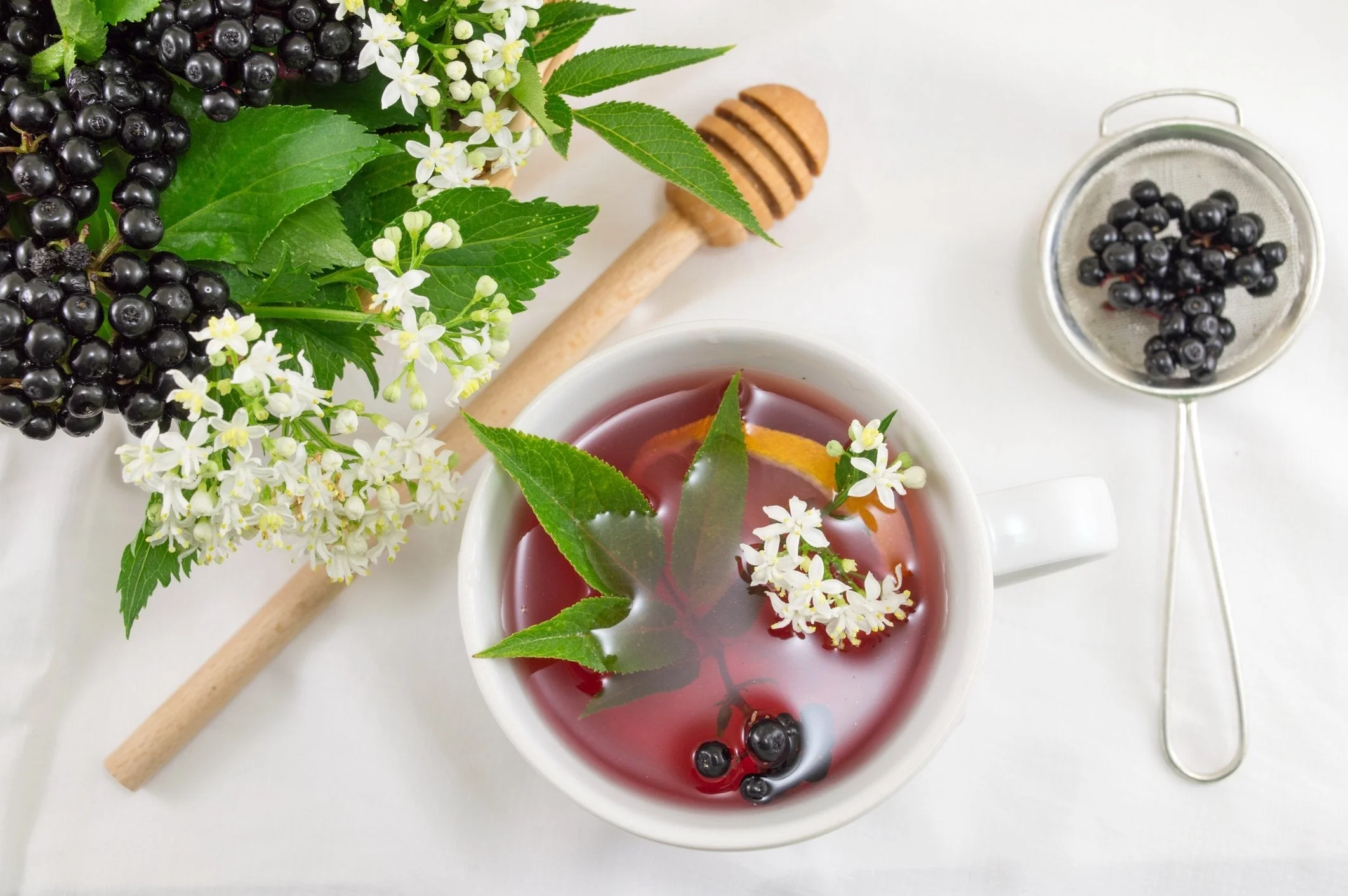
- Health advice
- Mar 08, 2018
Sensitive skin is an issue that plagues many people of various ages. From inflammatory skin conditions such as eczema and rosacea to dry and sore winter skin, knowing which skin care to pick for your condition can sometimes be a hassle.
What is sensitive skin?
Sensitive skin is defined as skin that requires attention beyond your usual cleansing and moisturising routine, skin that reacts to skin care, cosmetics, fragrances and soaps, skin that is unusually dry and flaky regardless of the weather as well as inflammatory skin conditions such as acne and eczema. If any of the following criteria sounds like you, you probably have sensitive skin
- Flaky skin
- Dry skin
- Itching
- Acne
- Cystic acne
- Reoccurring rashes or redness
- Eczema
- Rosacea
- Flaky scalp/ frequent Dandruff
- Pigmentation
What lifestyle factors will impact my sensitive skin?
Lifestyle factors have a huge impact on our skin, as our skin is our bodies largest organ! Hydration, diet, chemical exposure and what we put on our bodies all impact our skins health.
Anti-Inflammatory diet
Following an anti-inflammatory diet is essential for maintaining healthy glowing skin, especially if you’re prone to any of the previously mentioned conditions. Inflammation often presents in skin conditions as redness, painful cystic acne, flaky itchy skin, cracking of the sides of the mouth and rashes. An anti-inflammatory diet is one where a person chooses wholefoods such as vitamin and mineral rich fruit and vegetables, as well as legumes, protein, un processed carbohydrates and healthy fats. These foods minimise inflammation in the body, resulting is less redness, pain and swelling. Include lots of these anti-inflammatory foods in your diet
- Antioxidant rich berries such as blueberries, blackberries, and raspberries
- Leafy greens
- Cruciferous vegetables such as cauliflower, broccoli, and cabbage, these are excellent liver supporting foods.
- Brightly coloured vegetables such as carrots, capsicum, and beetroot
- Vitamin C rich citrus fruit, kiwi and tomatoes, these contain potent antioxidant and essential for collagen production
- Avocados, full of healthy fats, for glowing skin, as well as fibre and minerals
- Nuts and seeds, rich in zinc, an antioxidant and anti-inflammatory
Reduce these Inflammatory foods
- Refined carbohydrates such as white bread
- Sugary foods such as lollies, cakes and sweets
- Processed snacks such as chips full of artificial colours and flavours
- Processed deli meats such as ham, salami and lunch meat
- Excessive red meat
- Dairy products such as sliced cheese
Staying Hydrated
Adequate hydration is essential when looking after sensitive skin. Dehydration can cause the skin to become dry, flaky and itchy and worsen inflammatory skin conditions. Getting enough Vitamin C is important when treating your skin, as Vitamin C helps your skin to retain moisture, ensuring your skin stays hydrated. Drinking enough water is important, as is eating hydrating foods such as cucumber, celery and melons.
Other lifestyle factors that impact your skins health include
- Smoking
Smoking not only floods the body with chemicals, it also contains carbon monoxide, which diminishes the oxygen available to your skin, reducing blood flow. This results in tired, dull looking skin. Smoking also depletes nutrients in the skin, including Vitamin C! this reduces collagen production, increasing fine lines, wrinkles, and sagging.
- Alcohol Consumption
Excessive alcohol consumption, increases the load on the liver as well as dehydrating your body and skin. Dehydration results in skin that is more prone to flaking and dryness. Alcohol consumption also depletes the skin of nutrients.
What sort of skin care should I be considering when treating my sensitive skin?
Depending on your skins condition, you should be looking out for skin care that nourishes and soothes your skin and is free of chemicals, artificial fragrance and irritants. When choosing a skin care range for your sensitive skin look out for some of the following nourishing ingredients: Jojoba oil - Jojoba oil is a nourishing oil, that balances oil production in the skin and mimics our skins natural secretions, sebum. Jojoba helps to nourish and hydrate the skin without blocking pores, reducing breakouts and flare ups. Jojoba oil is rich in omega 3,6 and 9, making an excellent anti-inflammatory for eczema prone skin. Calendula and Aloe Vera – Aloe vera is sourced from the Aloe vera plant as a gel, and is soothing and cooling on inflamed, red skin. Aloe vera makes an excellent choice for after sun use or for use on burns and angry inflamed skin. Calendula is another soothing anti-inflammatory herb, perfects for sensitive skin. Calendula works as an anti-inflammatory as it contains potent bioflavonoids, which protect skin cells against free-radical damage and pro-inflammatory compounds. Vitamin E – Vitamin E is a potent antioxidant, which means it fights free radical damage, protecting your skin from damaging UV rays, and the signs of aging.
Ashley Baker | Nutritionist
Ashley is a qualified Nutritionist ( Bachelor of Health Science (Nut Med) passionate about home cooking and healing through wholefoods. Her special interests include disorders of the skin and childrens health, including fussy eaters! Book an appointment with Ashley
References
- Fischer, K. (2011). The healthy skin diet. Wollombi, N.S.W.: Exisle Publishing.
- Chu, D. H. (2008). Overview of biology, development, and structure of skin. In K. Wolff, L. A. Goldsmith, S. I. Katz, B. A. Gilchrest, A. S. Paller, & D. J. Leffell (Eds.), Fitzpatrick's dermatology in general medicine (7th ed., pp. 57-73). New York: McGraw-Hill.
- Preethi, K. and Kuttan, R. (2009). Wound healing activity of flower extract of Calendula offlcinalis. Journal of Basic and Clinical Physiology and Pharmacology, 20(1).
Related Articles
Recently Viewed
- ${ variant.price | currencyFromCents } | ${ variant.title } ${ variant.price | currency } | ${ variant.title }




















